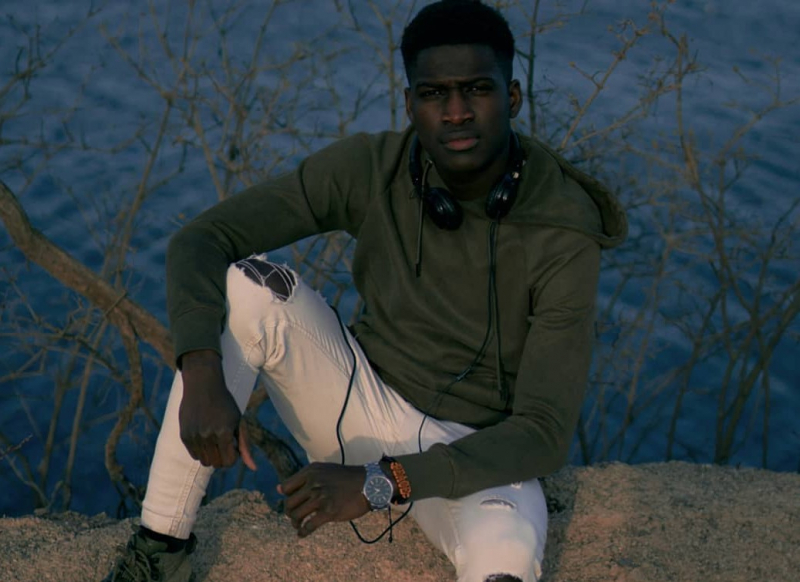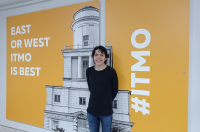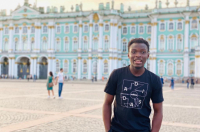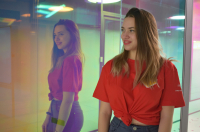How did you become a student at ITMO University?
I won a scholarship provided by my government and the Rossotrudnichestvo agency. I chose Russia as my destination because I think that this country has one of the world’s best higher education systems. ITMO is a recognized institution in research and that attracted me to come to this university.
Why did you choose that program?
I’m a computer science fan and my best friend is my computer. I want to build things, useful software and applications from anywhere in the world, only with the help of my computer, which is why I decided to study mobile and network technologies – a branch of applied computer science.
What was the process of getting the scholarship like?
I did the WAEC (West African Examinations Council) and got a good grade, which qualified me to apply for higher education abroad. My government announced the opportunity to study in Russia through the RUSSIA.STUDY website.
What can you tell us about your background? What did you do before coming to Russia?
I don’t have too much to tell. Before coming here I was only studying and playing football. I played in amateur football leagues in my country and I was studying in one of the best high schools in Gambia. After graduation and taking the exam, the opportunity to come to Russia appeared, and I took it without hesitation.
How was your first contact with the University?
I applied to ITMO University after spending one year in Pskov, where I did my Russian course. I contacted ITMO through their International Admission Office, then applied for a student visa and came to St. Petersburg. The process was so easy.
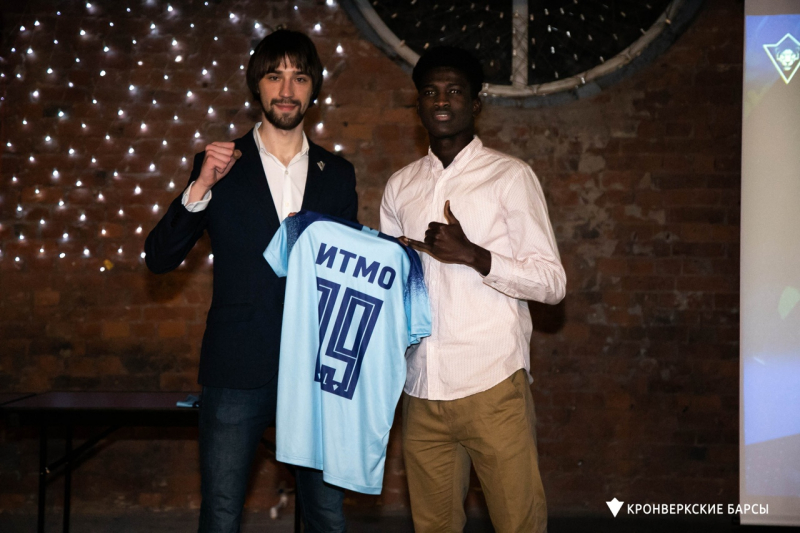
What were your first impressions of St Petersburg?
When I came here I felt like I was on another planet. As you can imagine, Russia is pretty different from Gambia: the weather, the language, the people, everything. But with time I got used to it. Some of the amazing things here are the architecture, the way this city is structured, and the history behind it all. Another thing that is difficult to get used to is the beauty of women. It is impressive, you don't get tired of seeing beautiful women everywhere.
The people surprised me the most. Everyone is smart and easy to communicate with. The quiet atmosphere and clean streets combined with this beautiful architecture makes this city almost perfect for me. I am in love with Russian history and am looking forward to studying it more. I thought I wouldn't be welcome, but I’m finding a home in Russia.
What can you tell us about your first year as an international student at ITMO?
I find it difficult to understand the lecturers. My Russian is not bad, but I need to improve. My classmates are good and smart, and they help me a lot. The lecturers are very prepared, tolerant and highly educated. As I passed the tryouts to get into the university’s football team, I can say that the level of the team has impressed me. It is the best I have seen so far. I love the environment at the stadium during training and matches. It makes me love ITMO.
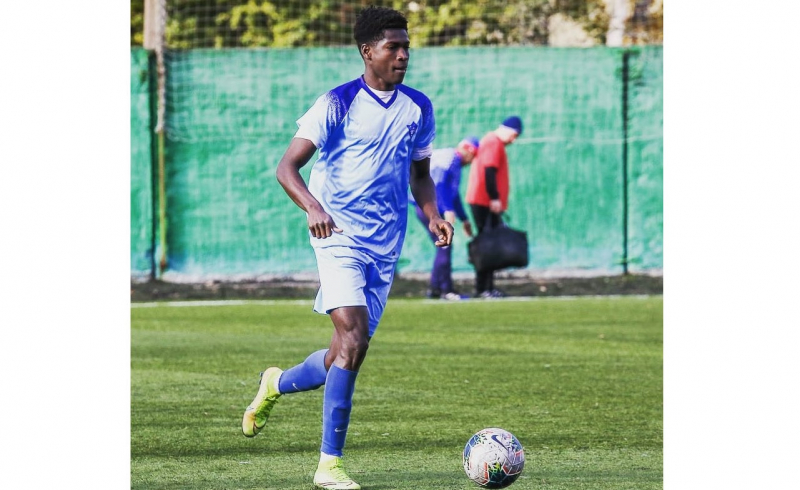
What are your hobbies?
I don’t have a hobby right now. There are only two things that I am committed to and they are my education and football. I don’t consider them my hobbies because for me it is something I have and I love to do. Apart from those two things, my life is very simple.
What are your expectations at the University and your plans for the future?
I hope to settle into the learning style at ITMO, improve my programming skills, and, of course, meet a lot of people. After my four years of Bachelor’s studies, I would like to travel around the world.
Any advice for other international students who want to come to Russia? Would you recommend it?
Come to Russia and pursue your dreams, but be prepared to work hard for it because it will never be easy. The things that are achieved with effort will fill you with pride and satisfaction in the future.
Interview by Juan Sebastian Velasquez Acevedo
